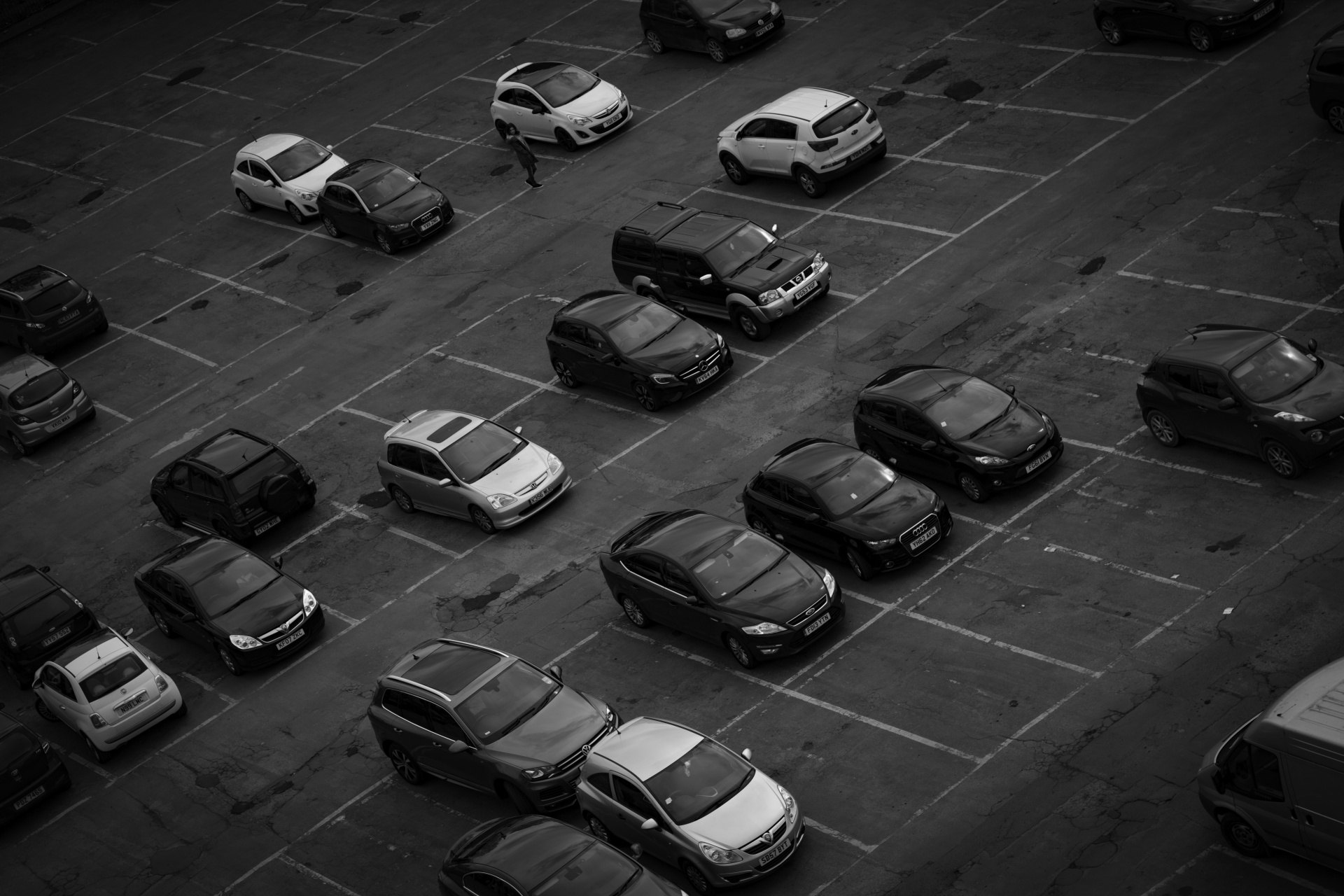Why Parking Matters to the Council

When it comes to Clean Air Council’s work on protecting and defending everyone’s right to breathe clean air, you probably don’t think of parking regulations as an issue we take interest in. Parking, however, is a powerful subsidy to America’s deadly over reliance on single-occupancy vehicle travel. Automobile dependence has helped transportation to become the leading source of carbon pollution in the U.S. Many cities and towns are fighting the negative impacts of automobiles through the elimination of minimum parking requirements. However, in Philadelphia, City Council President Darrell Clarke wants to reverse Philadelphia’s progressive parking minimum requirements.
The minimum parking requirement is a zoning code that establishes the minimum number of off-street, private car parking spaces that new residential and commercial developments must include. Parking minimum requirements use generic standards that do not take into the account the unique need and context of individual sites. As a result, an overabundance of parking is provided.
In 2012, Philadelphia’s City Council voted to remove parking minimums for single-family homes, commercial buildings, adaptive reuse and preservation projects, and small apartment buildings with fewer than four units. Philadelphia’s current zoning code only requires parking minimums for mid-rise and high-rise multi-family mixed-use buildings. In late June, Clarke proposed legislation that would double minimum requirements for the densest zoning categories and for multi-family buildings, as well as increase the minimum in other zoning categories.
From the cost of land to the construction of parking, the price tag of a parking lot adds up. According to researchers at Reinventing Parking, by adding a single parking space to an apartment building, a Philadelphia renter would see their rent increase between $150 and $400 per month, regardless of if the renter owns a car or not. Additionally, parking decreases the amount of units that an apartment building is able to have. So, not only do residential lots make units less affordable, they also result in fewer units as a whole, further fueling the lack of affordable housing in the city.
Parking minimum requirements deter compact, mixed-use, and transit-oriented development (TOD); and can make driving the only viable mode of transportation. TOD helps to reduce automobile dependence by creating dense, well connected, walkable, economically viable, and healthy communities. Parking minimum requirements can turn city blocks into large expanses of surface parking or stand-alone parking structures. This reduces density, making a streetscape that is unfriendly to pedestrians.
Mandatory minimum parking requirements can dramatically impact public health. Giving over more space to parking encourages excessive driving, which can increase congestion, accidents, and air pollution. Ozone, commonly known as smog, is only one of the many hazardous car pollutants. Smog is extremely dangerous to the lungs of children and seniors and can cause premature death. In the United States, transportation-related pollution causes 53,000 premature deaths a year. In Philadelphia, which the American Lung Association has rated with an F for ozone pollution and D for short-term particle pollution, sustainable transportation should be encouraged.
City Council President Clarke’s bill is not grounded in an actual demand for parking. Econsult Solutions found that Philadelphia renters are less likely to own a car than homeowners and that people who live in multi-family buildings are also less likely to own cars than people who live in single-family homes. What is in demand are safe and healthy communities with affordable housing and transportation options.

